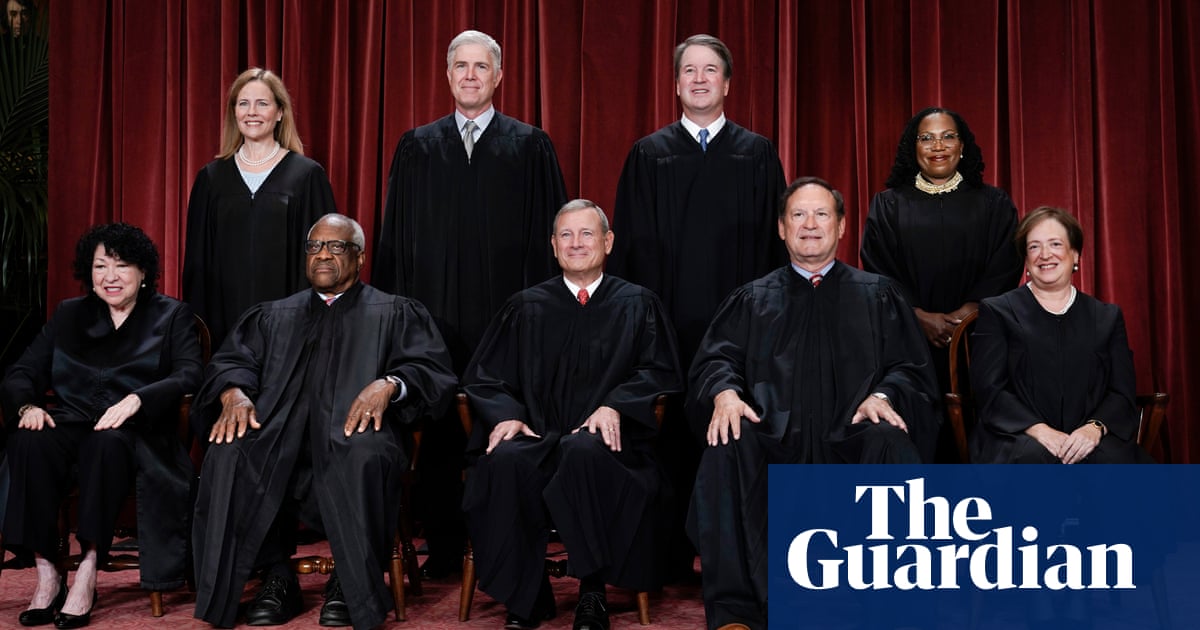Unlock stock picks and a broker-level newsfeed that powers Wall Street.
Rob Wile
Thu, Mar 27, 2025, 11:38 AM 6 min read
General Motors shares fell more than 7% Thursday as investors weighed the auto giant’s outsize vulnerability to the tariffs President Donald Trump announced Wednesday.
Among major U.S. automakers, GM has the most extensive operations in Mexico and Canada, which would take a direct hit from the president’s latest import taxes on vehicles and auto parts made abroad. The Chevy Silverado is produced at plants in both of America’s immediate neighbors, along with one in Indiana. The Chevy Equinox and GMC Terrain are manufactured in Mexico, and the Chevy Trax compact SUV, meanwhile, comes from South Korea.
“Tesla and Ford appear to be the most shielded [from tariff impacts] given location of vehicle assembly facilities although Ford does face incremental exposure on imported engines,” Deutsche Bank analysts wrote in a note Thursday. “GM has the most exposure to Mexico.”
Trump administration officials suggested there would be a temporary carveout for vehicles and parts that complied with the U.S.-Mexico-Canada free-trade agreement, but said how that would end up working was still being determined. At least one analyst suggested any auto tariffs that impacted Mexico and Canada would violate the agreement, which Trump negotiated during his first term.
The new levies come just as the car industry notches the highest first-quarter new-vehicle sales in the U.S. since 2021, Edmunds analysts said Thursday, with strong demand in March contributing to a 1% jump from the same period a year ago. But analysts now say that trend could be in peril.
“With nearly half of all vehicles sold being assembled outside of the U.S., we anticipate major repercussions from tariffs at any level,” said Ivan Drury, director of insights at Edmunds.
Goldman Sachs estimated the 25% duties could drive up sticker prices by anywhere from $5,000 to $15,000 per imported vehicle and by $3,000 to $8,000 for domestically made ones.
Automakers appear to be treading cautiously with their public remarks on the policy change.
“U.S. automakers are committed to President Trump’s vision of increasing automotive production and jobs in the U.S. and will continue to work with the Administration on durable policies that help Americans,” Matt Blunt, president of the American Automotive Policy Council, said in a statement following the announcement. “It is critical that tariffs are implemented in a way that avoids raising prices for consumers.”
But Ford CEO Jim Farley was far less sanguine last month, saying at an investment conference that 25% tariffs would be “devastating” and would “blow a hole in the U.S. industry that we’ve never seen.”

 German (DE)
German (DE)  English (US)
English (US)  Spanish (ES)
Spanish (ES)  French (FR)
French (FR)  Hindi (IN)
Hindi (IN)  Italian (IT)
Italian (IT)  Russian (RU)
Russian (RU) 





















Comments